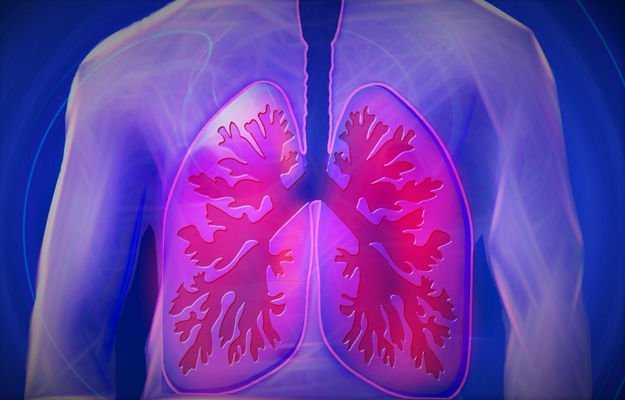What is pneumonitis?
Inflammation in the lung tissue due to immune system disorder and non-infectious causes is called pneumonitis. It occurs due to an encounter with certain substances that may cause long-term or short-term inflammation and affect the functioning of the lungs. It may also cause permanent damage to the lungs if not managed appropriately at the right time.
What are its main signs and symptoms?
The signs and symptoms of pneumonitis are:
- Difficulty in breathing
- Fever
- Fatigue
- Chills
- Tightness in the chest
- Dry cough
- Loss of appetite
- Loss of weight
What are the main causes?
Pneumonitis is caused due to continuous and repeated exposure to certain substances in the surroundings, which leads to inflammation of the lungs. The body may produce hypersensitivity reactions in the form of inflammation of the lungs in the presence of any of the following agents that contain the substances that trigger pneumonitis:
- Proteins
- Chemicals
- Hay
- Animal feed
- Contaminated food
- Air conditioner and ventilation systems
- Animal fur
- Feathers or droppings of birds
- Wood dust
How is it diagnosed and treated?
The doctor will order the following diagnostic tests after performing a physical examination:
- Blood test to detect high levels of white blood cells and other immune cells
- CT scan and chest X-ray to get a clear picture of the lungs
- Lung function tests to check the functioning of the lungs
- Bronchoalveolar lavage to test the fluid collected from the lungs for the presence of white blood cells
The treatment of pneumonitis involves:
- Corticosteroids and other immunosuppressive drugs
- Opioids to manage the shortness of breath
- Bronchodilators for the relaxation of muscles in the lungs
- Oxygen therapy to raise the levels of oxygen supply
Other management techniques like removing the allergen from the surrounding, staying away from the allergen and changing the workplace can be followed to avoid the condition.

 OTC Medicines for Pneumonitis
OTC Medicines for Pneumonitis















